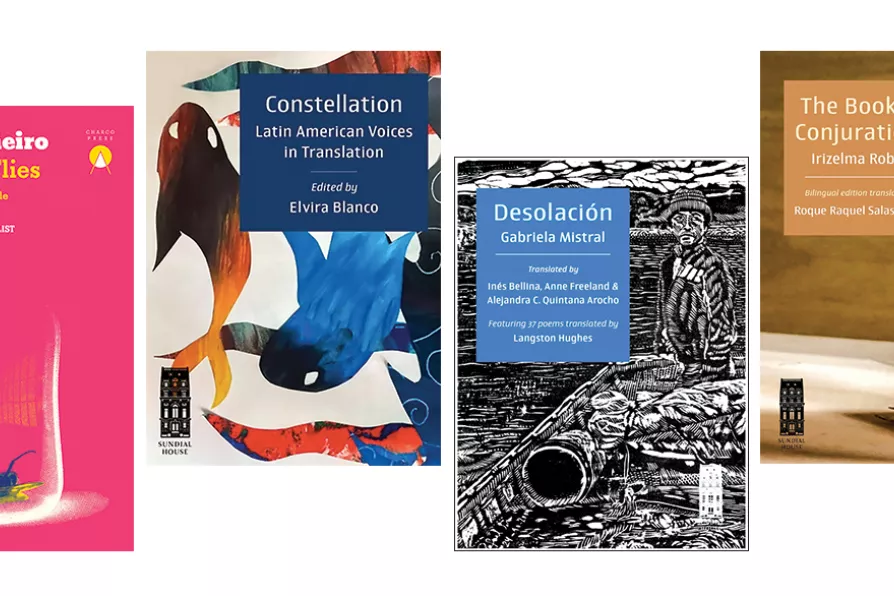MARIA DUARTE recommends an extraordinary film that explores an absent father’s attempt to make up to his sons
Letters from Latin America: August 27, 2024
LEO BOIX reviews a noir novel featuring flies, a fumigation company and two female ex-convicts by Argentinian Claudia Pineiro, an anthology by contemporary Latin American writers and collections of poetry by Chilean Gabriela Mistral and Puerto Rican Irizelma Robles


“I SEE a fly. A fly doesn’t exist, fluttering in front of my left eye. And I like saying it that way, almost a declaration of principles; I, Ines Experey, see a fly.”
This is how Time of the Flies (Charco Press) by Argentinian writer Claudia Pineiro begins. The novel delves into female friendship, motherhood, and the boundaries of crime fiction, taking it to new heights.
It features flies in various forms and intersperses the main narrative with a chorus of female voices in the Greek tradition of Euripides’ Medea. These voices debate concepts of maternity, sexuality, human relationships and feminism.
Similar stories

A novel by Argentinian Jorge Consiglio, a personal dictionary by Uruguayan Ida Vitale, and poetry by Mexican Homero Aridjis

PATRICK JONES recommends a vital anthology from Afghan and Iranian poets where the political and personal fuse into witness-bearing and manifesto-making

Travelogue/reportage by Argentinean Maria Sonia Cristoff, and poetry by Peruvian Gaston Fernandez and Puerto Rican Cristina Perez Diaz

An outstanding novel by Chilean writer and activist Pedro Lemebel, a poetry pamphlet by Venezuelan Natasha Tiniacos, and a children’s book of haikus singing the beauty of Cuba










